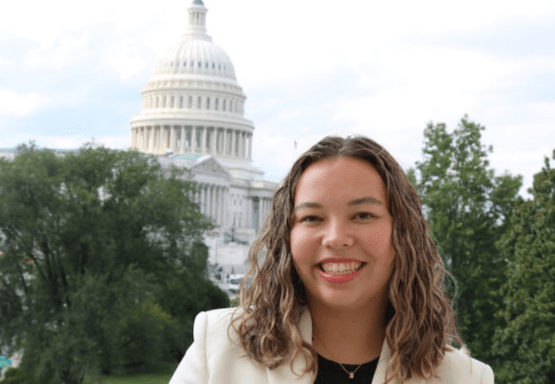The minor in Political Economy offers a challenging, interdisciplinary course of study in economic theory and policy. Political Economy approaches the study of public affairs by incorporating economic, political, social, and historical considerations in the analysis. The program aims to foster a critical understanding of economic forces and their relationship to issues of prosperity and social justice. In the tradition of classical political economy, the curriculum examines the interconnections between economic organization, social forces, economic power and government policy.
The Political Economy curriculum embraces contemporary economic analysis while recognizing a broader context of politics and society. Theory is taken seriously. Students confront conflicting theoretical paradigms in political economy, including their historical foundations and their contemporary extensions. Second, theory is applied to significant real world problems confronting society and government. Third, in order to further understand these issues, courses develop quantitative skills and empirical analysis that build on theoretical foundations. Fourth, the program takes politics seriously. Discussions of policy address the origin and nature of struggles among interested parties and how their actions are constrained or promoted by institutional arrangements. Finally, the curriculum is designed to empower students through the ability to perform independent and original research, and by developing clear and effective communication skills.
Political Economy combines theory, technical expertise, and the humanistic tradition of the liberal arts. The field is an excellent preparation for careers in business, law, and government. It also provides the theoretical foundations and empirical experience in economics now expected of entering students in graduate programs in business, economics, public administration, and labor and industrial relations.



.png?h=384&iar=0&w=555)


